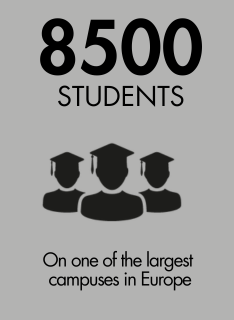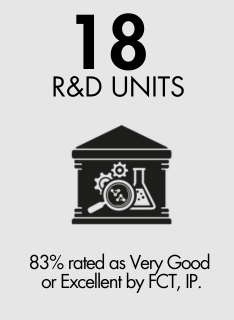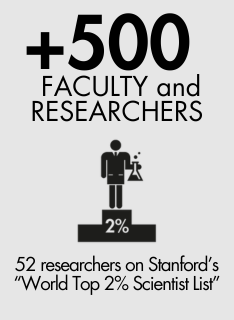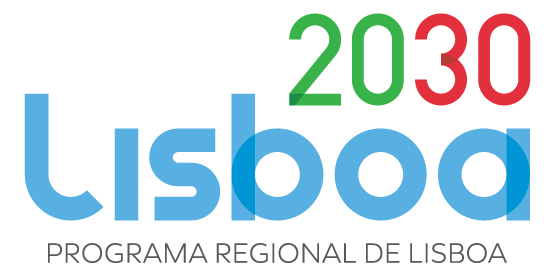Applications are open year-round. A pre-application is required. At the time of enrollment, accepted candidates must hold a Master's degree or a legally equivalent qualification. Alternatively, candidates with an especially relevant academic and/or scientific background, recognized by both the doctoral program’s coordination team and the scientific council of the degree-awarding institution, may also apply.
Meeting the minimum eligibility criteria does not guarantee admission, as the number of qualified applicants may exceed the number of places available in each edition of the doctoral program.
Admission Requirements
Applicants to the program must list all academic qualifications obtained since the completion of secondary education, specifying the institutions attended, main fields of study, and key courses taken and completed.
Candidates must also provide copies of all relevant academic certificates or transcripts, accompanied by English translations if the originals are in another language.
Proof of English language proficiency may be required in the form of a certificate (e.g., IELTS, TOEFL, ESOL), to be submitted at the time of enrollment.
The interview process will be conducted in English.
Applicants will be admitted to the PhD program based on the following selection and evaluation criteria:
- Excellence of academic degrees and academic record (25 points)
- Personal statement (10 points)
- Statement of purpose (15 points)
- Letters of recommendation (5 points)
- Academic preparation in relevant scientific fields (10 points)
- Relevant professional experience (10 points)
- Personal interview (25 points)
The maximum score for each criterion is indicated in parentheses, with a total maximum of 100 points.




























